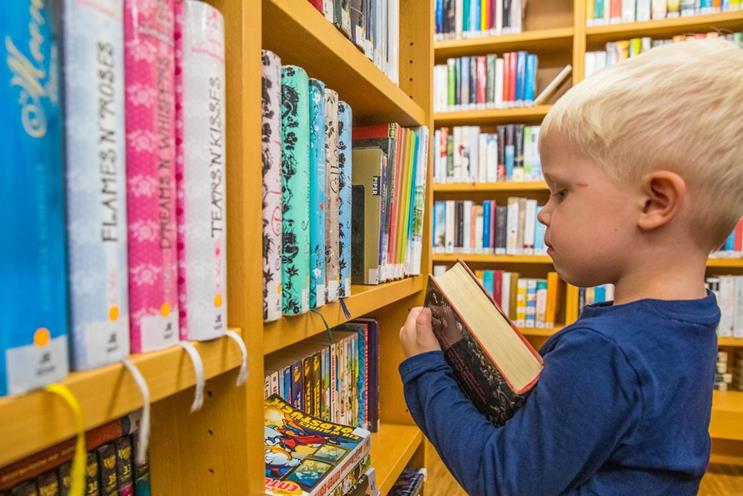A smile came to my face as I drove past a school this morning. No longer was it a desolate ghost town; instead, I had to navigate a long line of cars and buses waiting to turn into the parking lot to drop children off.
While it’s good to see kids going back to school, I can’t help but wonder what type of things those little ones will learn as they sit in class. How can parents who faithfully bring their children to school recognize whether a child is being educated and working toward becoming a successful adult, or is simply being steadily propagandized instead?
This is a question every parent should ask to evaluate the kind of school their child is enrolled in, whether that be public, private, virtual, or home. Unfortunately, the concept of a “good education” is often distorted these days, so we have no clue what the signs of true learning are.
It is in this area that David Hicks’ Norms and Nobility comes to the rescue. As classical education expert Martin Cothran says, Hicks’ advice “won’t go over well at your local teachers’ college,” but that is actually a point in its favor! Here are three markers by which parents can evaluate whether their child is experiencing “true learning.”
1. Well Mannered
Learning is not measured in the number of degrees one has, Hicks explains, nor is it measured in the skills one has learned. Rather, “True learning is revealed in character.”
Said character manifests itself in good manners, Hicks goes on to say. A student who is the product of true learning will know how to behave appropriately and correctly in the circumstances he encounters. He will exhibit patience and will be “good-humored,” and “when good humor deserts the educated man, his good manners [will] sustain him.”
Ask yourself: Is the education your child is receiving training him to be well-mannered? Can he delay gratification or put others first? If he is learning to make himself pre-eminent—his desires, his needs, his identity—then perhaps it’s time for an educational adjustment.
2. Avoiding Arrogance
“The educated man,” Hicks writes, “is never aggressive in his behavior or arrogant in his mood: these are marks of an ignoramus, or of the modern student, with a talent for ‘faking it.’”
Praise and recognition of a child’s achievements are good and necessary things. However, they must be carefully balanced with training in virtue, otherwise a child will become an unbearable know-it-all. A child who is the product of true learning will be confident in his abilities, recognizing those who helped him reach such levels, and not flaunting his knowledge and talents in boastful ways.
3. Pursuing Truth
It’s popular in today’s world to blaze one’s own trail and create one’s own truth, a truth often based on feelings or emotions. This tack, however, is the opposite of true learning, for as Hicks writes, “True learning knows what is good, serves it above self, reproduces it, and recognizes that in knowledge lies this responsibility.”
In essence, true learning trains children not only to know truth, but to put it into practice in their daily lives and their interactions with others.
Time away from our regular mode of education gives us all a chance to step back and view the schools our children attend with fresh eyes. Does the education they offer put your child on the path of true learning, or does it leave much to be desired? If the latter, will we overlook it and go with the flow out of convenience, or will we make the sacrifices required to ensure our children grow up to be well-rounded, well-educated adults who become life-long learners?
Image Credit:
Pixabay

Leave a Reply